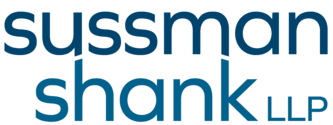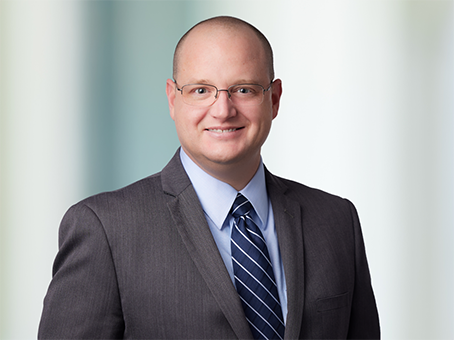By Ann K. Chapman and Christopher N. Coyle
Chapter 13 is a type of bankruptcy in which a debt repayment plan is used to consolidate debts and make payments on your debt over a 3 to 5-year time frame. You file a plan with the Bankruptcy Court in which you make payments to a Chapter 13 Trustee, based upon your ability to pay. Chapter 13 can be utilized to save your small business or allow you to retain assets you would lose in a Chapter 7.
Chapter 13 is a type of bankruptcy in which a debt repayment plan is used to consolidate debts and make payments on your debt over a 3 to 5-year time frame. You file a plan with the Bankruptcy Court in which you make payments to a Chapter 13 Trustee, based upon your ability to pay.
Chapter 13 is also called the “wage earner” bankruptcy and requires that you have a steady source of income to be eligible, such as:
- Wages
- Self-employment income
- Unemployment income
- Or social security income
My house is being foreclosed or my car is being repossessed. Can Chapter 13 stop foreclosure and repossession?
Usually, the filing of a Chapter 13 bankruptcy will immediately stay (stop) any foreclosure proceedings or repossession actions. Some exceptions to the automatic stay may apply, mostly if you have filed for bankruptcy previously. You should review any possible exceptions to the stay with your attorney.
In Chapter 13, you will be able to catch up on the mortgage or car loan arrears over the life of your Chapter 13 plan. You must continue to make your regular, ongoing mortgage payments after you file bankruptcy in order to keep your house. Sussman Shank LLP can design a repayment plan for those debts with your help.
Can I just refinance my home to save it from foreclosure?
If you have equity in your home, you may be able to refinance in order to save your house. However, refinancing or taking a second mortgage may create an additional mortgage payment that you may not be able to afford.
A refinance may effectively eliminate your equity and any value in your homestead exemption. You should consult with an attorney before refinancing to pay off unsecured debts because you may be putting yourself in a worse position in the long run.
All of the costs associated with closing a new loan could add as much as $10,000 to the new loan, such as:
- Points
- Fees
- Title costs
- Appraisals
Chapter 13 may be a better option for you to catch up on any payments that have not been made on time on your home loan. Curing the arrearage through a Chapter 13 bankruptcy will protect your equity and will buy you the necessary time to make an educated decision based on your best options.



